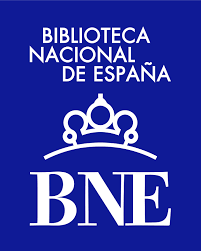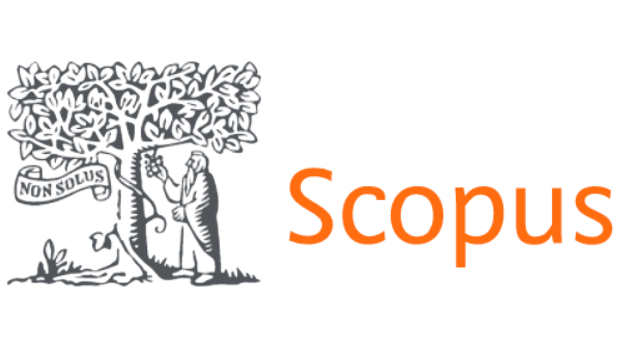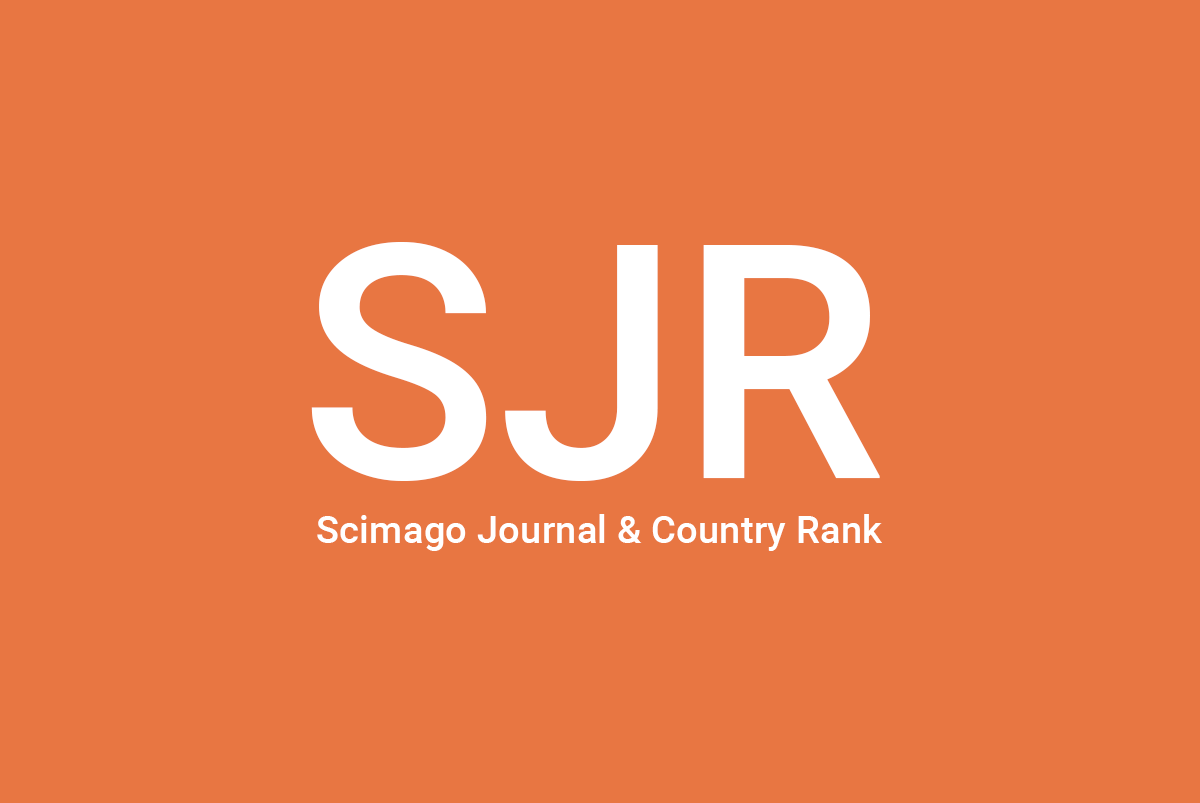Phenomenology of Spirit as a search for a way of life
DOI:
https://doi.org/10.24310/stheg.4.2018.11378Keywords:
ETHICAL LIFE, PRAXIS, WAY OF LIFE, KNOWLEDGE;, HISTORYAbstract
This study is intended as a contribution, as well as a friendly and well deserved hommage, to the memory of Mariano Álvarez-Gómez. His dedication to philosophy was not only a poiesis, but also a praxis, a way of life in the domain of the best philosophical tradition. For this reason, his memory has suggested me this theme. The idea of a way of life has come into contemporary philosophy from different sources: L. Wittgenstein and his theory of language; helenism (mainly with the studies of P. Hadot); the proposal of an ethics of virtue after nihilism and as an overcoming of emotivism (A. MacIntyre), etc. Hegel’s Phenomenology of Spirit «can be considered […] as the way through which the natural consciousness struggles to reach true knowledge or as the soul’s way throughout various figures of transition, up to spirit and knowledge of itself in itself by means of a complete self-experience». Certainly, the aim is science, absolute knowledge, which «should not be understood in the sense of a pure notional interiority, as distinct of its historical actualization, a sort of theory without praxis»; secondly, the term «absolute» «cannot be understood as a kind of perfection or a total here-and-now completed knowledge, encompassing all possible forms of knowing and action; thirdly, absolute knowledge, more than a self-enclosed system or a fixed dogmatic, should be understood as « the radical affirmation of a principle of discovery which continuosly offers itself as a contingent event».
Downloads
Metrics
Publication Facts
Reviewer profiles N/A
Author statements
Indexed in
-
—
- Academic society
- N/A
- Publisher
- Universidad de Málaga
References
Downloads
Published
How to Cite
Issue
Section
License

This work is licensed under a Creative Commons Attribution-NonCommercial-ShareAlike 4.0 International License.
This journal provides immediate free access to its content under the principle of making research freely available to the public. All contents published in Studia Hegeliana. Journal of the Spanish Society for Hegelian Studies, are subject to the Creative Commons Attribution-NonCommercial-ShareAlike 4.0 licence (specifically, CC-by-nc-sa), the full text of which can be found at <http://creativecommons.org/licenses/by-nc-sa/4.0>. Derivative works are therefore permitted as long as they are not used for commercial purposes. The original work may not be used for commercial purposes. The journal is not responsible for the opinions expressed by the authors of the works published in it.
It is the authors' responsibility to obtain the necessary permissions for images that are subject to copyright.
Authors whose contributions are accepted for publication in this journal retain the copyright. It is non-exclusive right to use their contributions for scholarly, research and educational purposes, including self-archiving or deposit in open access repositories of any kind.
Since volume 7 of 2021 the journal Studia Hegeliana has changed the copyright. Since that year the authors have retained the copyright.
The electronic edition of this journal is published by the Editorial de la Universidad de Málaga (UmaEditorial), being necessary to cite the source in any partial or total reproduction.

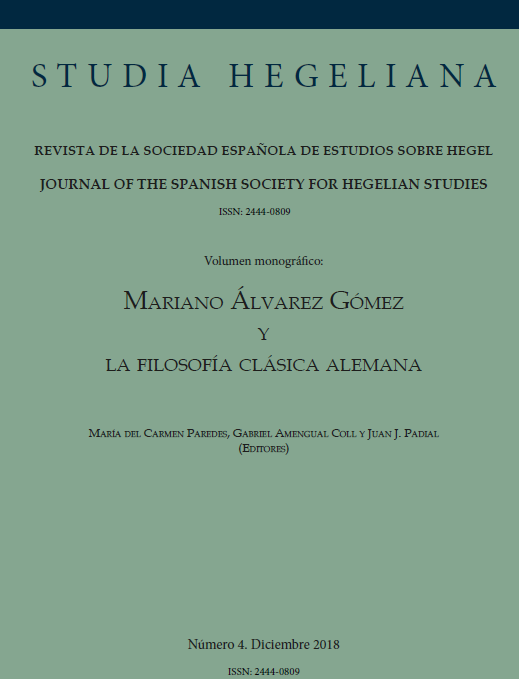




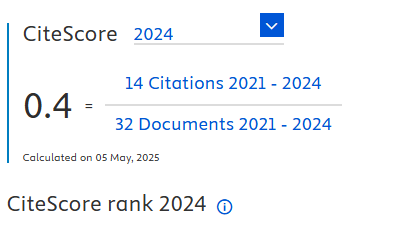
244.png)











